Introduction
The smallest emirate of Ajman is about 22 km long and 11 km wide. It is a de facto city-state with an area of approximately 260 km2, located only 35 km from the center of Dubai. The ruler is Sheikh Humaid bin Rashid Al Nuaimi.
The crown prince of the emirate is Sheikh Ammar bin Humaid Al Nuaimi.
Ajman is located in the Persian Gulf and also controls Masfut and Manama, two small inland enclaves that deal with agriculture. The emirate has approximately 275,000 inhabitants.
Even in the recent past, the population in Ajman was approximately half, who were engaged in fishing and trade.
Today, Ajman is known for the production of fast motor boats, luxury yachts and also the production of old wooden ships "dhows".
The proximity to Dubai and lower property prices gave space for people who work in Dubai and Sharjah to settle here as well. Ajman together with Dubai and Sharjah form a continuously built-up area with a high degree of urbanization and one of the largest metropolitan
areas in the region.













Clothing
Summer clothing is suitable for visitors throughout the year. In the winter months, we recommend bringing a warmer sweater or windbreaker for cooler nights. The UAE is a Muslim country and therefore visitors are expected to dress more conservatively in public. Beach clothing and swimsuits are accepted in hotels and on beaches. Nudism or sunbathing topless is prohibited. In luxury hotels, you should have formal attire for dinner (men long pants and shirt, women longer skirt, pants or dress).
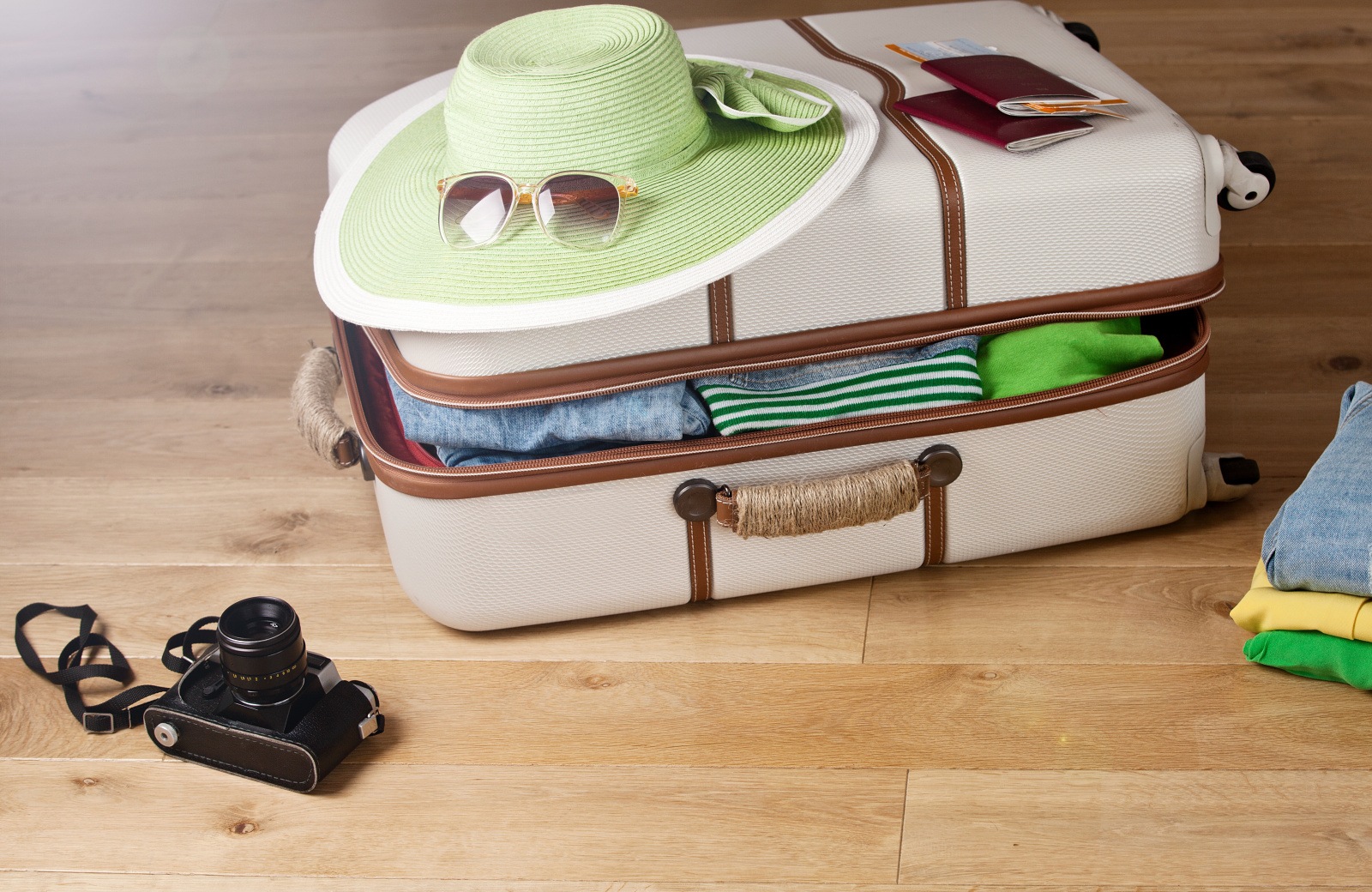
You can easily recognize the local population by their traditional clothing, which they wear as a sign of pride. Men dress in white kandura with a white headscarf (dishdash), secured with two black rings (Agal). Women wear a black abaya with a veil to hide their figure and hair (hijab). Some women wear niqab or burqa, which cover their entire face. Men holding high positions in government wear them in various color variations, such as blue, gold or red, or wear a massive cloak (bisht) with decorative trims.
Representative office for UAE
Embassy of the Slovak Republic in UAE
Embassy of the Slovak Republic
Al Mataf Street, No. 16, Villa 2
Al Bateen, Abu Dhabi, United Arab Emirates
Tel: +971 2 681 7705
Email: [email protected]
Web: www.mzv.sk/abudhabi
Working hours: 09:00 to 17:00
Distance and flight
Austria
United Arab Emirates
Weather
In the United Arab Emirates, there is a tropical, dry climate. The best conditions for visiting the Emirates are in the months from September to May. Ideal air and water temperatures are specifically in the months of March, April, May, October and November. The highest temperatures are in the months of July and August, when temperatures at noon reach 42°C to 45°C.
On the hottest days, temperatures can reach up to 48°C. This period also has the highest humidity. Rainfall in the emirates occurs only rarely. Most rainfall is in January. Thanks to favorable and sunny weather, Ajman and the entire Emirates are among the popular holiday destinations throughout the year.
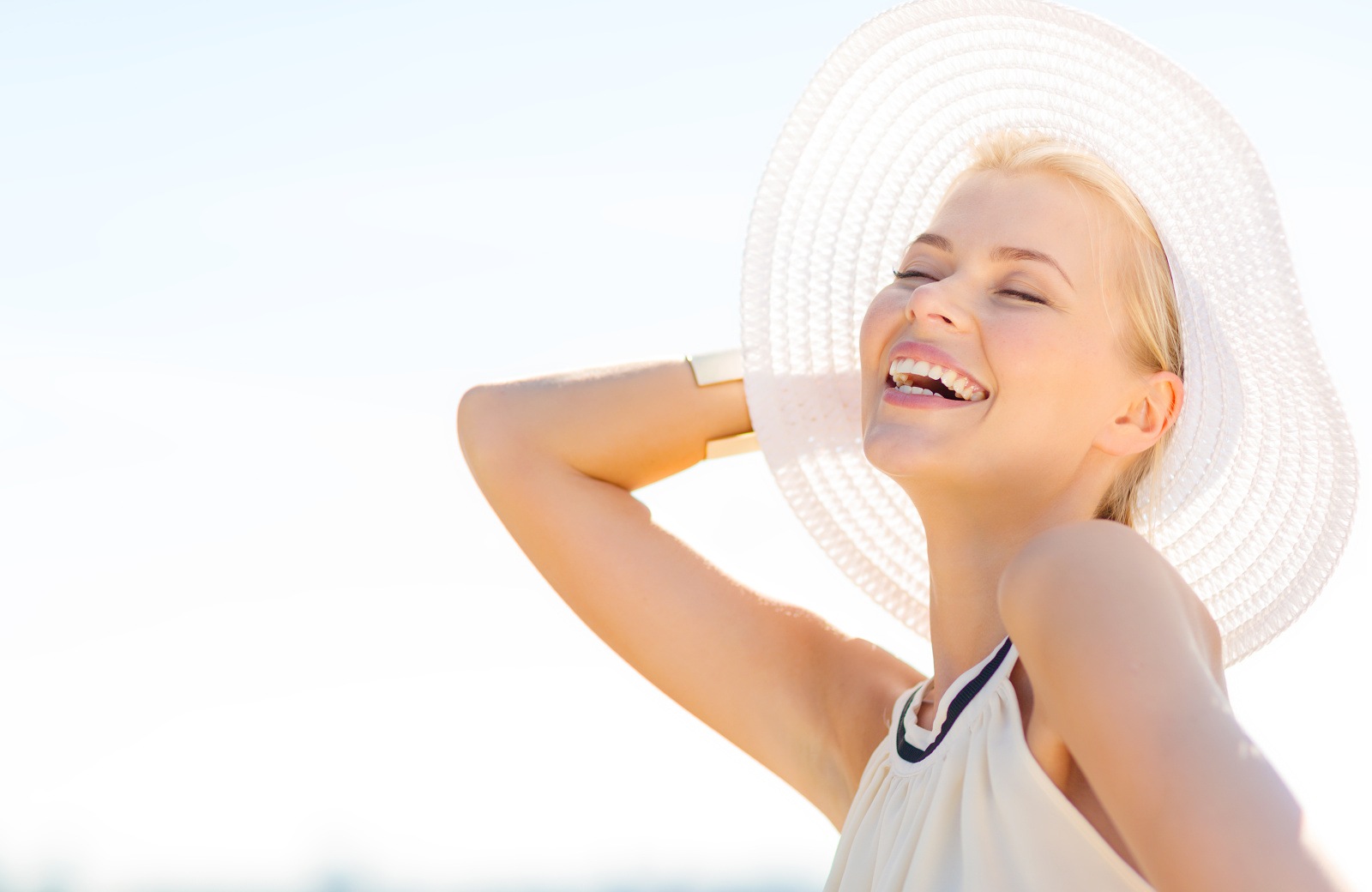
|
15
February
Today
|
27°C | Sunny | 16°C | |
|
16
February
Monday
|
25°C | Sunny | 21°C | |
|
17
February
Tuesday
|
24°C | Sunny | 20°C | |
|
18
February
Wednesday
|
25°C | Sunny | 21°C | |
|
19
February
Thursday
|
26°C | Sunny | 22°C | |
|
20
February
Friday
|
26°C | Sunny | 22°C |
Visas and requirements
Based on the Agreement between the European Union and the United Arab Emirates on the abolition of visa requirements for short-term stays, holders of Slovak Republic travel, diplomatic and service passports may stay in the territory of the United Arab Emirates for a maximum of 90 days during any period of 180 days from May 7, 2015.
For all travelers, the validity of the travel document must be at least six (6) months after the planned return from the stay, otherwise the holder will usually not be transported to the country even by airlines.
When traveling with a minor child with only one parent, it is recommended to have a stamped consent of the other (non-traveling) parent in English - from a notary or registry office of the Slovak Republic.
Sample consent in English
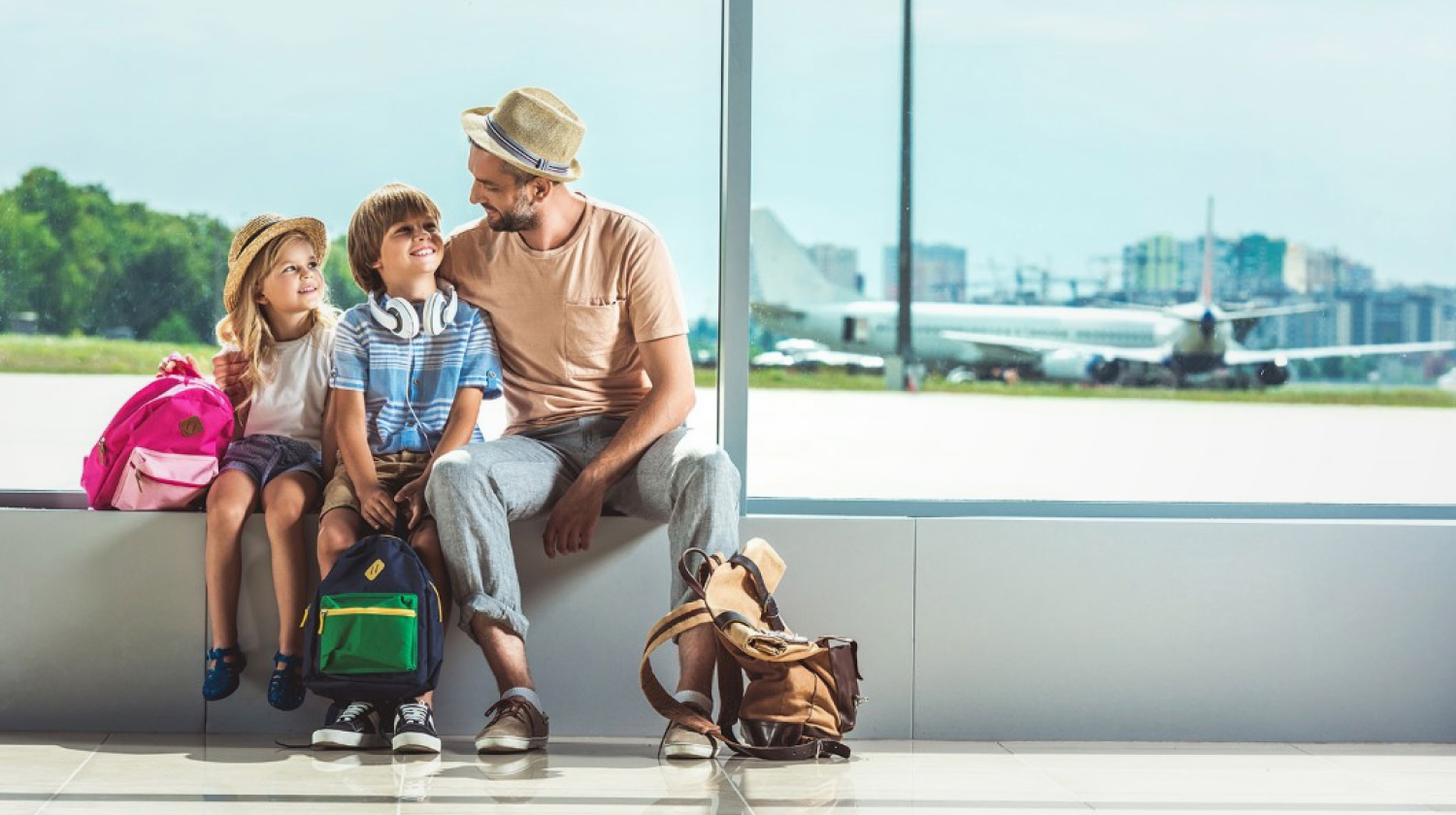
Customs regulations
The customs regime is liberal. It is allowed to bring cigarettes, 1 liter of alcoholic beverage and 2 liters of wine for personal consumption. This does not apply to visitors professing the Muslim religion. Strict prohibitions and restrictions apply to the import of drugs, weapons, erotic and pornographic literature. The mentioned items are subject to prohibition and in case of violation are subject to confiscation with penalty (fine, expulsion).
Safety
The United Arab Emirates is among the safest countries in the world. Due to strict penalties and effective police, the Emirates enjoy very low crime rates. In 2017, the Emirates were declared the second safest country in the world after Finland (World Economic Forum).
Healthcare
Citizens of the Slovak Republic pay for medical treatment in full from their own funds. There is no agreement on the provision of free healthcare between the UAE and the Slovak Republic.
We therefore recommend getting insurance before traveling.
Due to the intensity of sun rays, it is recommended to use sunscreen with a high UV filter and sunglasses.
Vaccination
No mandatory vaccination is prescribed for regular tourist visits to the UAE. Consult possible health risks with your doctor or in our hospitals in departments of foreign diseases, or look for necessary information on the website www.uvzsr.sk
Drinking water
Tap water is utility water and is produced by desalination of seawater. It is not recommended to consume it. Drinking water is bottled in plastic bottles, available for purchase in restaurants or shops.
Internet and electricity
In the UAE, it is 220 V with English-type sockets with three pins. An adapter is usually needed to connect devices. It is available free of charge at the hotel reception. Chargers for cameras, mobile phones and razors can be used without problems.
Natural disasters
In the Emirates, the most common natural event is sandstorms. Their occurrence cannot be determined in advance. On the other hand, several days of rain accompanied by strong winds may occur.
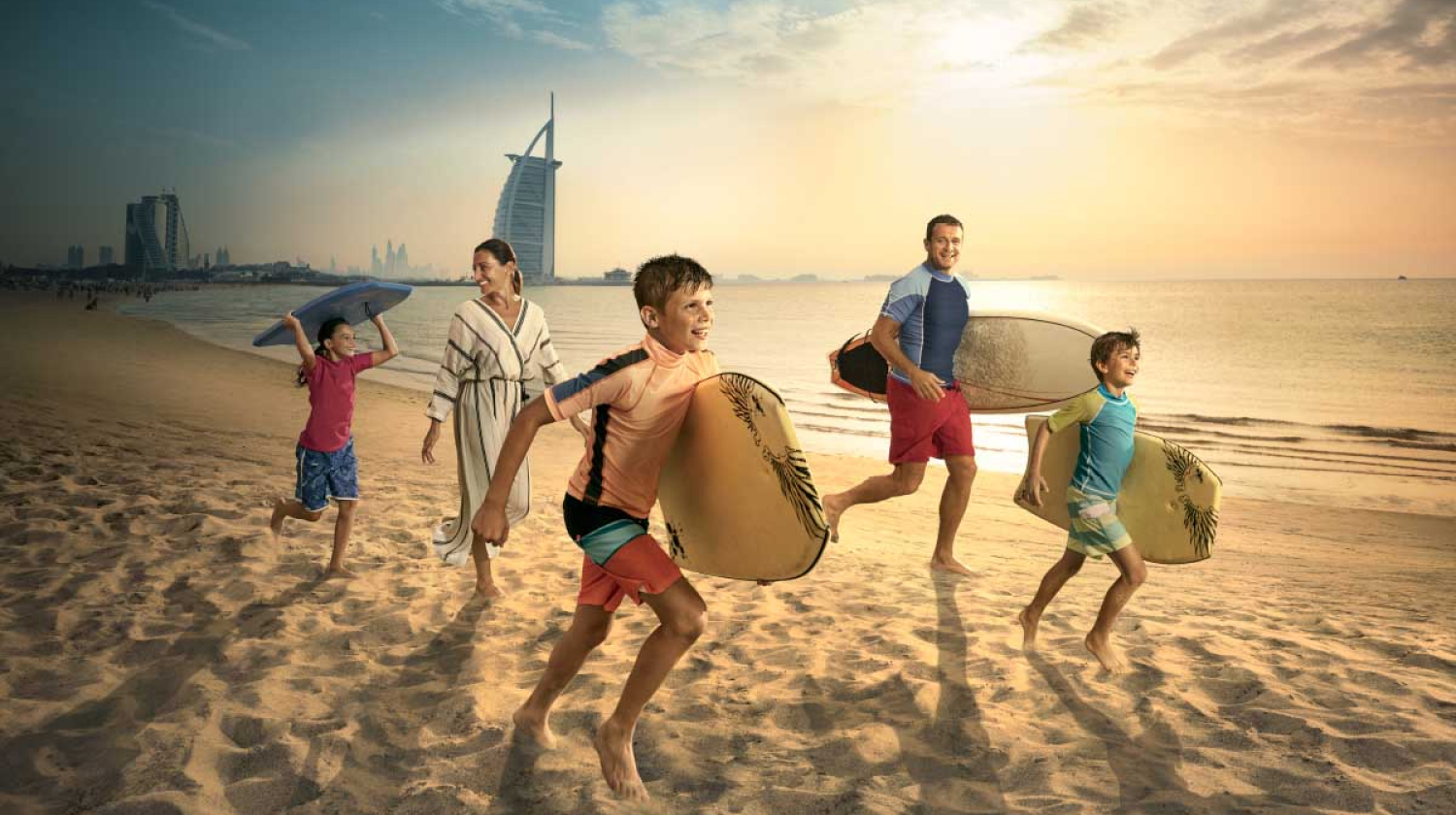
Important contacts
| Firefighters | 997 |
| Ambulance | 998 |
| Police | 999 |
| Consular emergency | 00971 506 628 920 |
| Representative office of the Slovak Republic in Abu Dhabi | +971 2 681 7705 |
Money and prices
Dubai is very accessible to tourists, accommodating them in many ways. Finance is no exception. The local currency of the UAE is the Dirham (Dhs / AED), which is divided into 100 fils. Currency exchange can be done without restriction in hotels, exchange offices or banks. The most favorable rate is in banks. The most well-known exchangeable currency is USD, with which direct payments can also be made in shops. However, it is recommended to pay with the local currency. Other currencies such as EUR are also exchanged, but the rate changes daily.
International payment and credit cards are accepted (American Express, MasterCard, Diners Club, Visa). Visa Electron cards can also be used for payment in shops. When asked in which currency the card payment should be made, we always recommend choosing the option to convert to the local currency Dirham.
When negotiating discounts, it is more advantageous to pay in cash and in Dirhams.
Indicative rate in USD, 1 USD = 3.65 Dhs
Indicative rate in EUR, 1 EUR = 3.80 Dhs
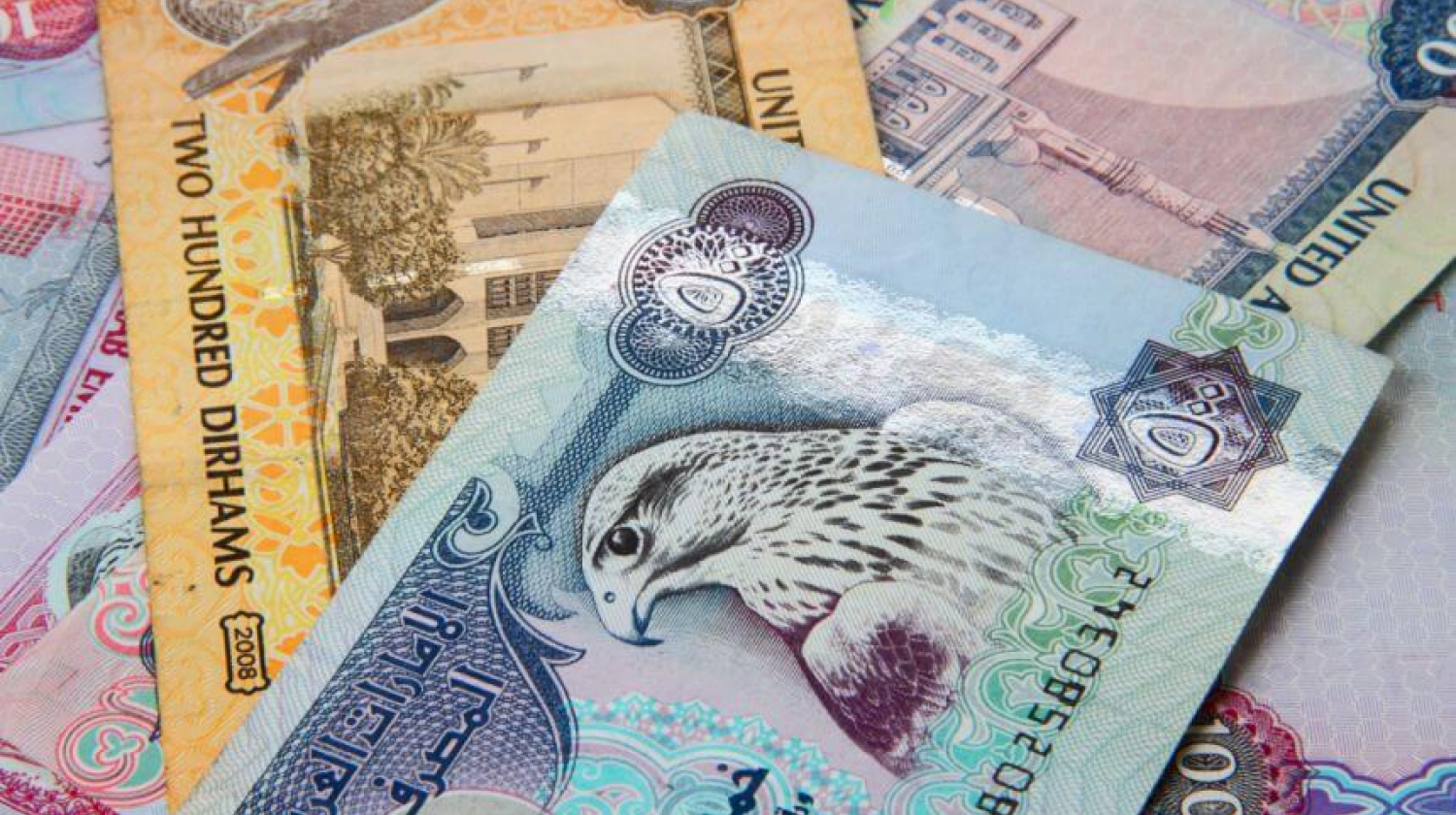
When negotiating discounts, it is more advantageous to pay in dirhams and in cash. As in many other Arab countries, merchants in Dubai are also accustomed to bargaining. At various markets, merchants really enjoy bargaining, most prices are deliberately inflated,
so that tourists can haggle with merchants over the price. However, at markets and in taxis, it is customary to pay in the local currency.
Tipping
Taxes and fees are already included in the price of services. A small attention of 5 to 10% of the price of consumption or services is always welcome
Transport and transfers
Most beach hotels provide shuttle bus, transportation for their clients to Dubai center and back. Taxi transportation is also very accessible and at acceptable price levels. Taxi services in the Emirates are state-owned. Although it is possible to pay with dollars in the Emirates, some taxi drivers refuse them as payment. So rather always have dirhams with you if you are not willing to argue with the driver.
Transfer in Dubai
- private transfer Dubai airport - hotel - Dubai airport by TOYOTA PREVIA, CHEVROLET VENTURE, CHRYSLER 300C, CHEVROLET ROYAL CAPRICE, LEXUS cars.
- if interested, we can arrange Dubai airport - hotel - Dubai airport transfer by luxury limousine according to your wishes (BMW 7, HUMMER, ROLLS - ROYCE, CADILLAC ESCALADE)
Dining
Hotels and restaurants in the Emirates are renowned for their top cuisine and excellent food. Breakfasts and dinners are served in hotels in buffet form. The emirate of Dubai in particular is famous for its gastronomic scene. You will find restaurants of every kind, especially Asian, Indian, Arabic, Lebanese but also Italian, French, American and modern fusion establishments. During the Muslim fasting month of Ramadan, you should refrain from consuming food and drink in public as a sign of respect and solidarity with the locals.



Among traditional foods, drinks and dishes that you should try in the Emirates are hummus (chickpea paste), Arabic bread, shawarma meat, which is similar to Turkish kebab, dates and date desserts, camel milk, camel milk products
and of course strong Arabic coffee.
Consumption of pork is forbidden to Muslims from an Islamic perspective. Nevertheless, pork is available in some shops and you can also find it in the menus of restaurants and hotels.
Activities and attractions
Small emirates such as Ajman do not have the same opportunities to spend time in the emirate as other parts of the United Arab Emirates, but this does not mean that there is nothing to see or experience here. There are various attractions and things for those who want a relaxing holiday filled with sun (Hotels in Ajman), but also something for lovers of culture and history. (Ajman Museum)
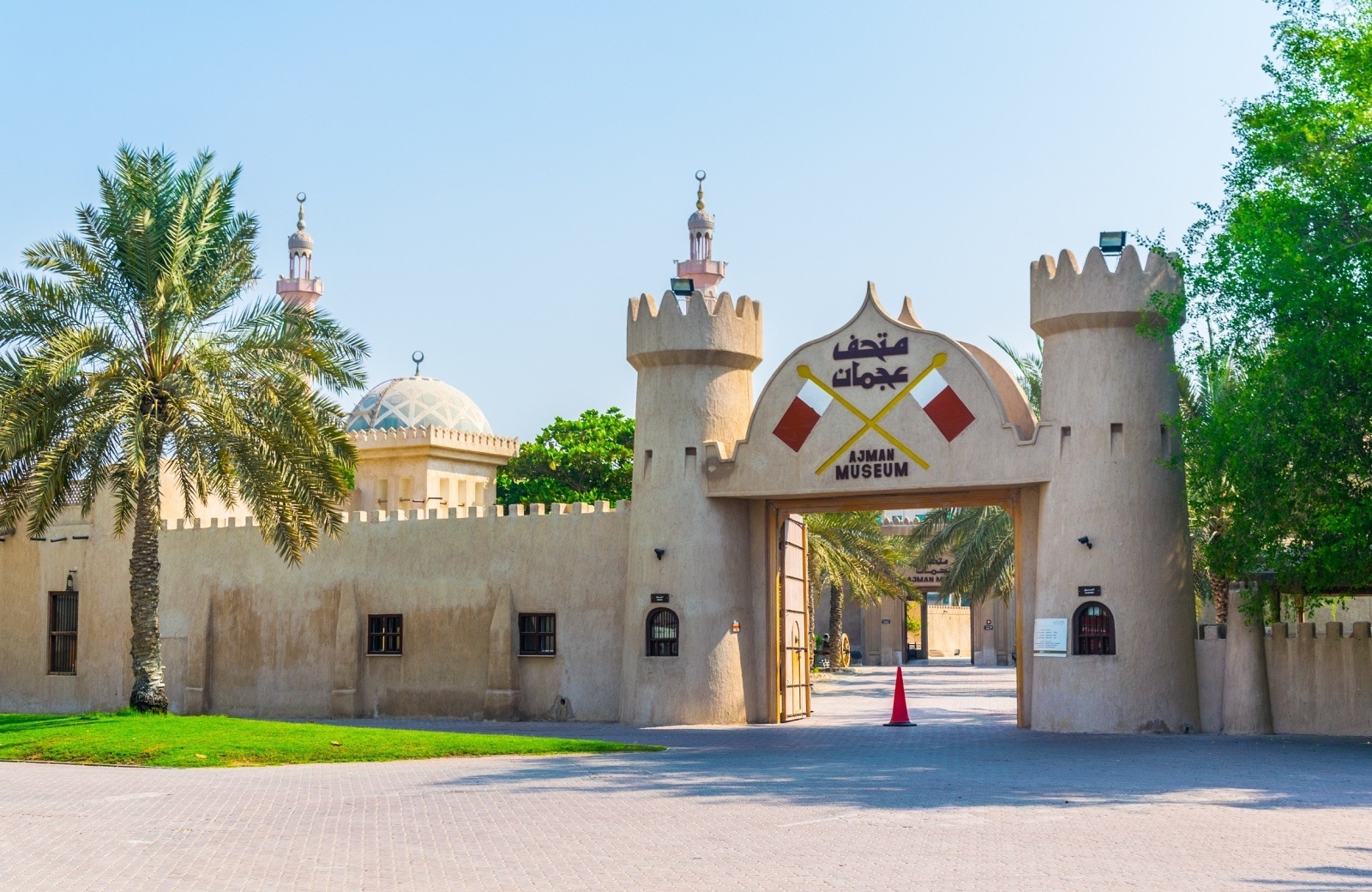
Here you will find the best coastline in the country with impenetrable strips of sandy
beach, while the Ajman Dhow shipyard and Al-Dur archaeological site provide excellent
excursions for those who don't want to just lie in the sun.
There is also something for golf enthusiasts - Al Zorah Golf Club, a course set in beautiful surroundings.
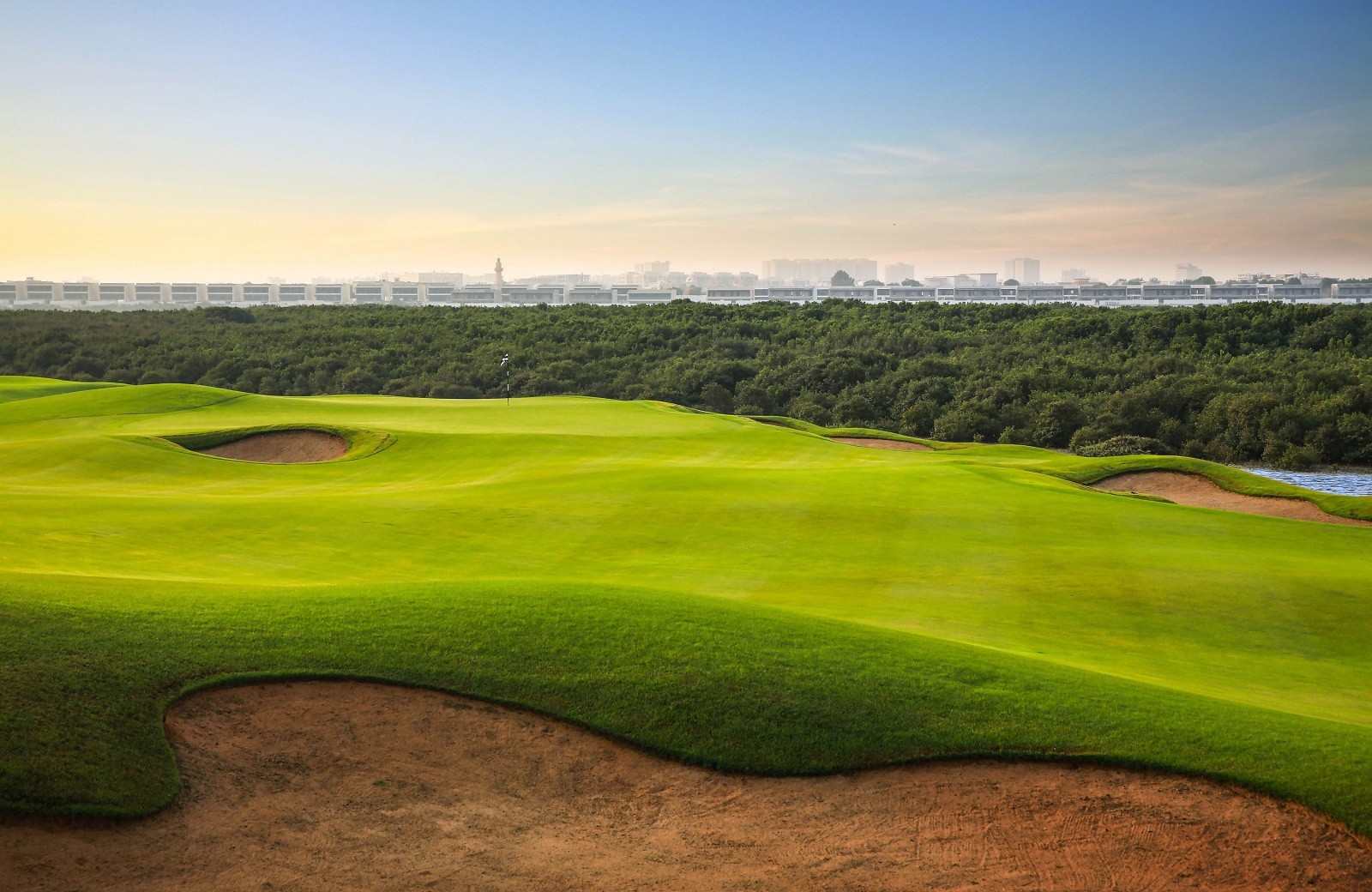
If you are not a lover of history or golf and lying by the beautiful beach stops entertaining you, definitely take advantage of the favorable location of the emirate of Ajman and go shopping or sightseeing to nearby Dubai.
Ramadan
Are you enthusiastic travelers and enjoy learning about the customs and traditions of the places you visit? Don’t miss the unique opportunity to experience the biggest Muslim holiday and one of the most magical periods of the year in Dubai and throughout the United Arab Emirates.
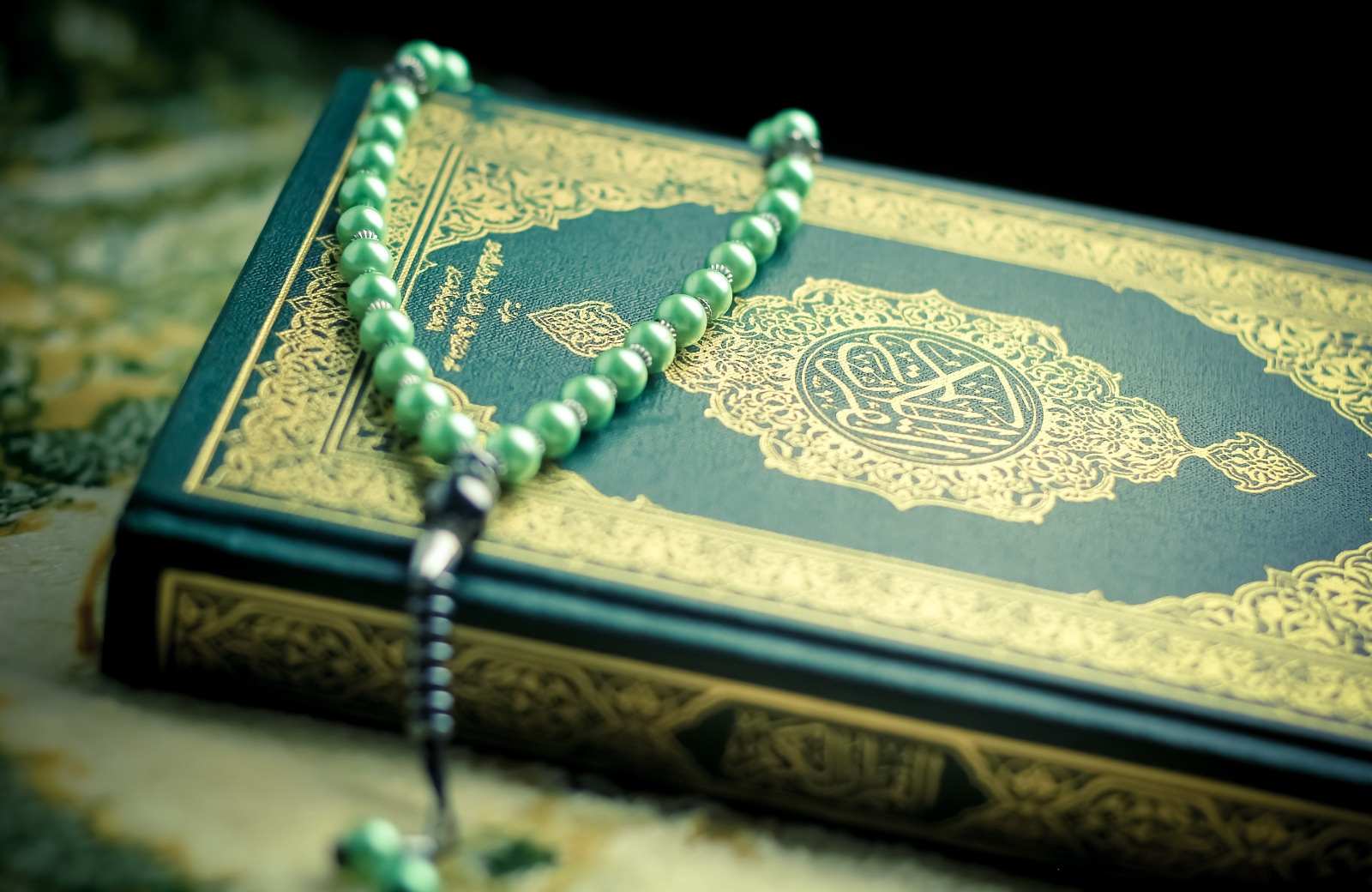
What is Ramadan?
Ramadan is the ninth month of the Islamic calendar. Its start falls approximately 10 days earlier each year on the Gregorian calendar. Muslims are required to fast for 30 days—from dawn to sunset. During the day, they refrain from eating, drinking, smoking, and other physical pleasures. Fasting strengthens one physically and mentally, building discipline and closeness to Allah. Moral values, solidarity with the poor, and good deeds are stressed.
The fast is broken each evening by a mosque call at sunset. Cities burst into life—from “SUHOOR” to “IFTAR”—culminating in “EID AL FITR.”
Will Ramadan affect your vacation?
The UAE is modern and cosmopolitan, and tourists are welcome—even during Ramadan. While hotel guests aren’t expected to fast, respect is appreciated—avoid consuming food, drink, or smoking in public areas during daytime. Hotels provide private or calm spaces for activities. Beach resorts operate normally, so Ramadan should not affect your holiday. Generally:
- Alcohol is served in hotels and bars only after sunset (around 19:00)
- Some à la carte restaurants may have limited hours
- Nightclubs and discos are closed during Ramadan


Advantages of staying during Ramadan
Accommodation Cost
Ramadan is one of the cheapest periods of the year. For relatively low prices, you can experience luxury that might typically exceed your budget.
Shopping Discounts
Dubai is well known for Ramadan shopping promotions in malls of all sizes. You come home with favourite items at greatly reduced prices.
No Waiting
Cities like Dubai or Abu Dhabi are largely empty during the day. You’ll hardly wait in lines for attractions, and locals are rarely seen before sunset.
Atmosphere
After sunset, true nightlife begins. Restaurants buzz, malls stay open late, and IFTAR dinners accompanied by dazzling light and lantern displays in themed settings create a magical experience. We recommend early booking—and we’ll gladly assist you.
